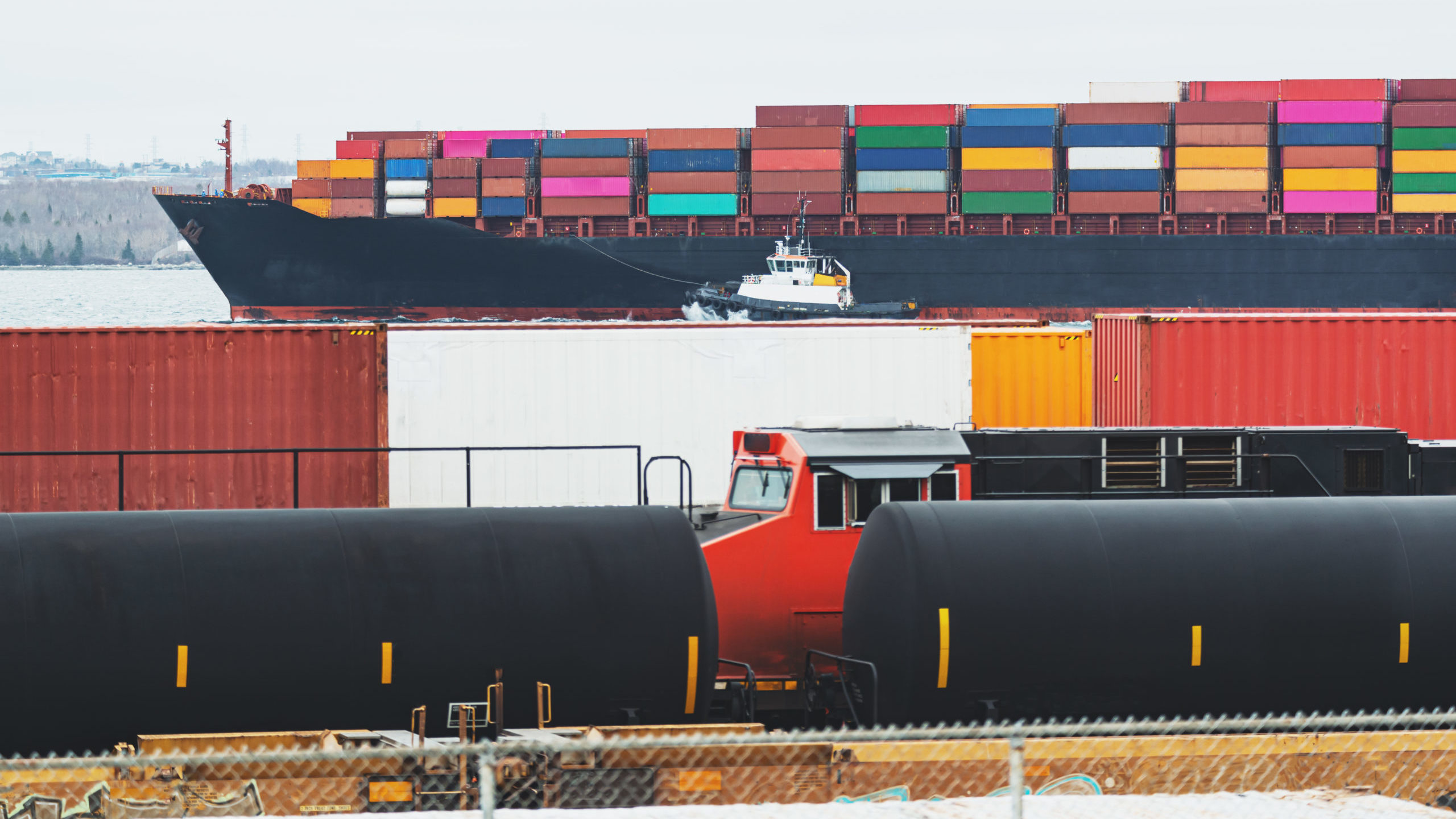‘At the end of the day, First Nations like the fact that we could move heavy oil in a safe and effective manner’

Sankey is a member and former elected councilor of the Lax Kw’alaams First Nation, located just north of Prince Rupert, B.C. He says the concept of transporting oil sands bitumen as a solid is attractive to Indigenous communities, and that BitCrude is engaging with First Nations in B.C., Alberta and Saskatchewan to secure joint ownership agreements.
“At the end of the day, First Nations like the fact that we could move heavy oil in a safe and effective manner. It aligns with the values of First Nations people and communities,” Sankey says.
“It provides a revenue stream at source, but it [also] meets and exceeds environmental standards.”
The technology side of BitCrude’s work took a step forward in January, when the company announced it completed a successful commercial demonstration of its diluent recovery process.
Diluent is a light hydrocarbon that is added to oil sands production so that the molasses-like material can move through pipelines. Key to the BitCrude process is removal of the diluent so that the bitumen takes on a semi-solid form that can be transported on flatbed rail cars and container ships.
“The semi-solid bitumen is designated as a non-hazardous good for transportation purposes,” says BitCrude director Andy Popko. “It floats in both fresh and saltwater in custom designed shipping containers and is non-toxic to marine life.”
Canadian heavy oil has become an increasingly attractive global commodity as production in competing jurisdictions like Venezuela and Mexico has declined significantly. Canadian exports to the US Gulf Coast, the world’s largest heavy oil processing region, reached a record 980,000 barrels per day in January 2020, prior to the COVID-19 pandemic, according to the Canada Energy Regulator.
In fall 2020, India’s largest refiner, Reliance Industries, entered into an agreement to import 2 million barrels of Canadian heavy crude per month through existing transportation systems, and it was reported Spain was in talks to do the same.

Canadian heavy oil could meet a substantial portion demand in China, according to Jim Mitchell, head Americas oil analyst with industry information provider Refinitiv.
“My personal estimate is that heavy Canadian crude could capture about a million barrels a day of China’s 15.4-million-barrel refinery capacity,” Mitchell told an online seminar in December.
“Obviously, Canada doesn’t have the infrastructure yet. But the demand will be waiting when they do get it done.”
When the Trans Mountain Pipeline Expansion goes into service – expected by the end of 2022 – it will significantly increase Canada’s ability to access global markets for its heavy oil. In the meantime, Sankey says BitCrude is working to pick up the slack.
The company supports responsible resource development, he says.
“We’re not taking over pipelines. What we are doing is helping free up capacity space in this ever-frustrating bottleneck to get Alberta product to new markets. When the energy sector is thriving, the country thrives.”
BitCrude announced its first small-scale successful shipment to Asia in September 2019; the equivalent of 150 barrels of bitumen. Popko says the company is now negotiating international supply agreements with refineries in three countries, including one that has provided a preliminary letter of interest for up to 120,000 barrels per day.
Share This:





 CDN NEWS |
CDN NEWS |  US NEWS
US NEWS 
































